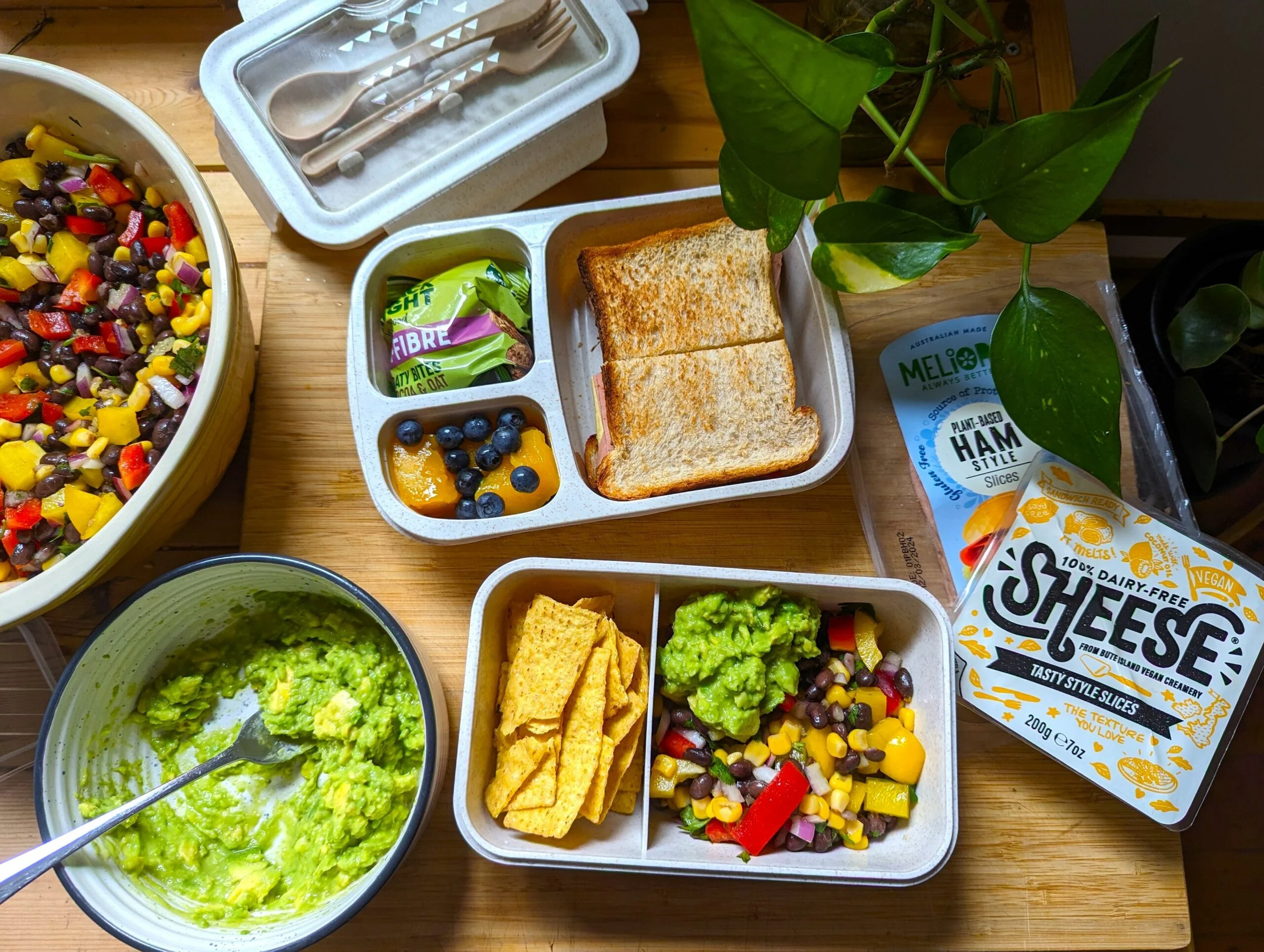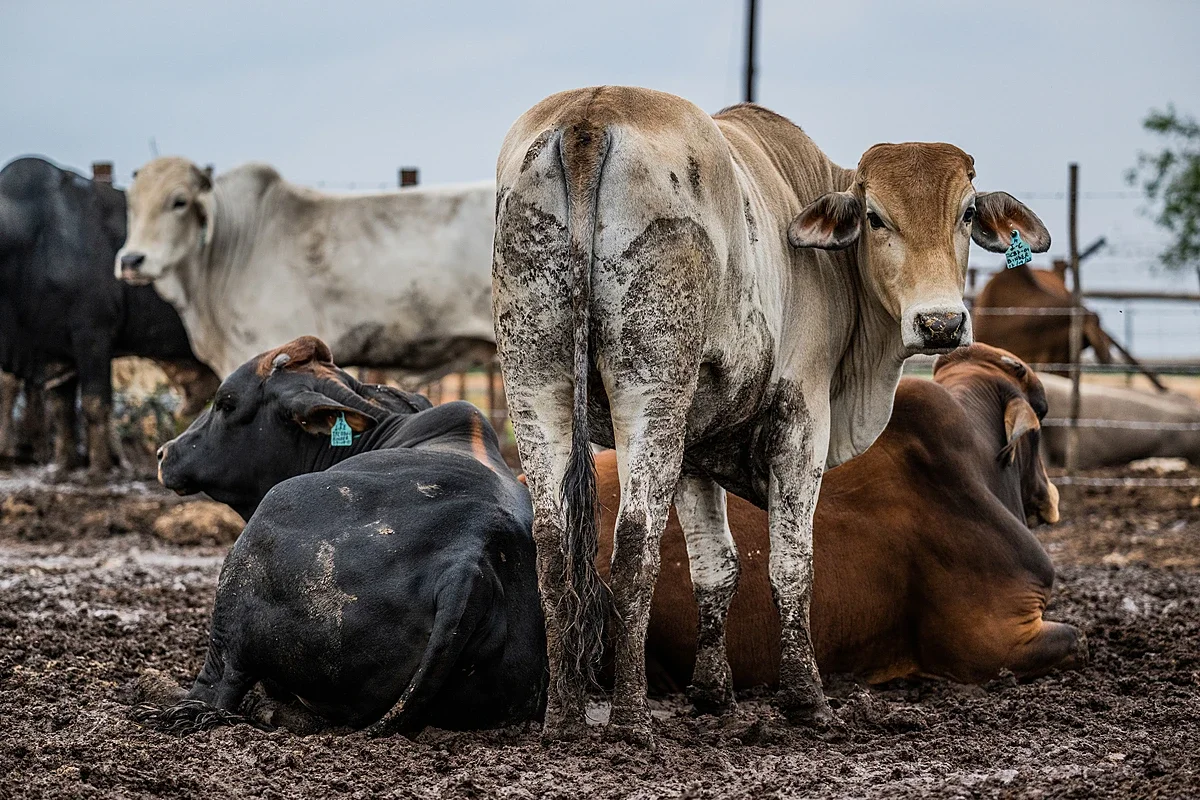Major shipping company bans donkey skin transport in world first
Swire Shipping becomes the first international carrier to commit to a ban, as pressure mounts on the international transport industry to cut ties with the donkey skin trade.
Donkey skins will no longer be transported by a major international shipping line, marking the first public commitment of its kind.
Swire Shipping has become the first international carrier to publicly commit to banning the transport of donkey skins, signing onto a ‘No Donkey Skins Carriage Policy’ launched by UK-based charity The Donkey Sanctuary.
The ban officially went into place on 8 May to coincide with World Donkey Day, an annual event dedicated to celebrating donkeys and promoting their protection.
The move follows last year’s decision by the airline Emirates to ban the transportation of donkey hides on its flights internationally.
The Donkey Sanctuary is optimistic that with two industry leaders taking a stand against the donkey skin trade, others in the transport sector will be encouraged to follow suit.
“Swire Shipping and other leaders in the transport sector should be commended for their decisive action and we call on other cargo operators, both in shipping and aviation, to join the fight to protect the world’s donkeys and the communities who rely on them,” said Marianne Steele, CEO of The Donkey Sanctuary. “In doing so they will also help prevent the trafficking of other threatened species.”
“We are proud to support the work of The Donkey Sanctuary by including a ban on donkey skins in our updated Responsible Cargo Carriage Policy,” said Susana Germino, Chief Sustainability and Energy Transition Officer at Swire Shipping. “This decision underscores our unwavering commitment to sustainability and ensures that our operations do not contribute to any trade that is illegal or threatens the survival of donkeys, whether wild or domesticated.”
Popular in traditional Chinese medicine products and marketed as having luxury and anti-aging benefits, ejiao is derived from boiling donkey hides. The demand sees between four and six million donkeys slaughtered for their skins every year - about 10 percent of the world’s donkey population.
Credit: PETA Asia
After the number of donkeys in China fell from 11 million in 1990 to just under two million in 2021, companies began sourcing skins from overseas, particularly in Africa.
Last year, in a win for equine advocates, the African Union banned the donkey skin trade across the entire continent, enacting a 15-year donkey slaughter moratorium at the 37th African Union Summit.
This decision followed multiple campaigns against the ejiao trade by animal protection groups in and outside Africa, including Brooke, The Donkey Sanctuary, PETA, and Species Unite, who say that donkeys are subjected to cruel treatment and a painful death.
Reports by The Donkey Sanctuary, have also revealed the irrefutable link between the trade in donkey skins and the trade in other illegal wildlife products, as well as the significant risk of zoonotic disease posed by the trade.
“The inhumane and unsustainable trade in donkey skins acts as a trojan horse for illegal wildlife trafficking and organised crime, and poses a serious threat to global biosecurity and the risk of zoonotic disease,” said Steele.
With around 90% of global cargo transported in maritime containers, this method has become the primary means of smuggling large volumes of wildlife products, according to The Donkey Sanctuary, due to its cost-efficiency, ability to carry heavy loads, and low detection rates.
Donkey hides are often moved under generic shipping codes that help mask their contents. Shipping codes are often used to hide donkey skins and other illegal wildlife products. Code 410120, for example, covers all equine and bovine-derived skins, allowing traffickers to slip in illicit items like pangolin scales, shark fins, tiger skins, and ivory with minimal scrutiny.
Please reach out to your Member of the House of Representatives and ask them to do the right thing by cosponsoring the Ejiao Act once it is reintroduced in the 119th Congress. which will make it illegal to import donkey skin gelatin. You can send your message here - it takes less than 60 seconds.
We Have A Favor To Ask…
Species Unite amplifies well-researched solutions to some of the most abusive animal industries operating today.
At this crucial moment, with worldwide momentum for change building, it’s vital we share these animal-free solutions with the world - and we need your help.
We’re a nonprofit, and so to keep sharing these solutions, we’re relying on you - with your support, we can continue our essential work in growing a powerful community of animal advocates this year.





